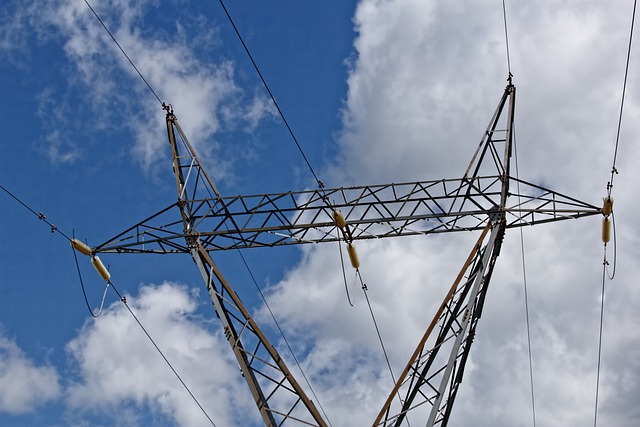Madison County weighs lowering thermostats
ST. LOUIS, MISSOURI - Madison County officials may follow the lead of Gov. Rod Blagojevich and dial down the heat in county buildings.
Blagojevich ordered thermostats in state buildings lowered to 68 degrees from Nov. 1 through April 15 in anticipation of high energy costs this winter.
"I don't think 68 degrees is a livable number, but 70 might be," Marty Siglock, the county buildings administrator, told the County Board's buildings and facilities management committee.
For several years, the county's thermostats have been set at 74 degrees during business hours year round. Siglock said the setting has been the one that produces the fewest complaints from workers who think it's too cold or too hot. During the winter, thermostats are turned down to 69 degrees nights and weekends.
Lowering the settings to 70 degrees "would save us some money," Siglock said. He said savings are estimated at 3 percent of the county's $700,000 yearly heating and cooling bills - about $21,000.
Several committee members said lower settings could prompt employees to fire up electric space heaters and that would not be good.
"We need to watch the space heaters," said Chairman Joe Semanisin. "That's dangerous."
The committee will discuss the issue again when it meets on Jan. 3.
Higher natural gas prices this winter could boost heating costs at Southern Illinois University Edwardsville by $500,000, said Bob Washburn, SIUE director of facilities.
Washburn said the governor's order affects only departments and agencies that report directly to him, but the university shares his interest in conservation.
Thermostat settings at SIUE are nearly all occupant-controlled, and most probably are at 74 to 76 degrees, he said.
Washburn said several SIUE officials would meet today to discuss conservation strategies. Because of body heat from large numbers of people, many SIUE buildings must be cooled even when it's cold outside, Washburn said.
Related News

Canada’s Opportunity in the Global Electricity Market
TORONTO - As global electricity demand continues to surge, Canada finds itself uniquely positioned to capitalize on this expanding market. With its vast natural resources, advanced technology, and stable political environment, Canada can play a crucial role in meeting the world’s energy needs while also advancing its own economic interests.
The International Energy Agency (IEA) has projected that global electricity demand will grow significantly over the next decade, driven by factors such as population growth, urbanization, and the increasing electrification of various sectors, including transportation and industry. This presents a golden opportunity for Canada, which boasts an abundance of renewable…




